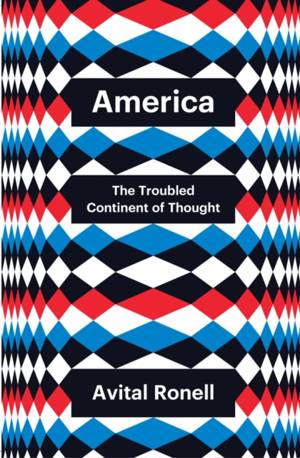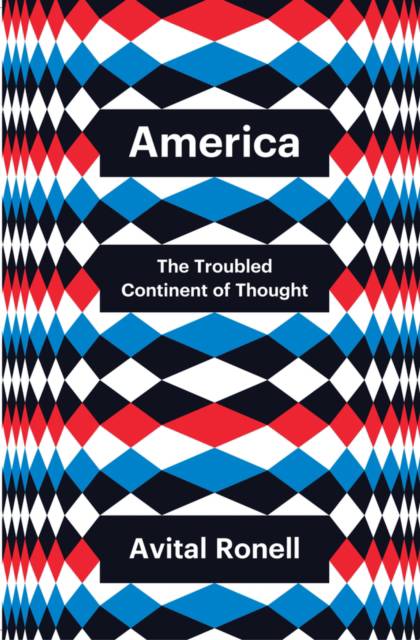
- Afhalen na 1 uur in een winkel met voorraad
- Gratis thuislevering in België vanaf € 30
- Ruim aanbod met 7 miljoen producten
- Afhalen na 1 uur in een winkel met voorraad
- Gratis thuislevering in België vanaf € 30
- Ruim aanbod met 7 miljoen producten
Zoeken
€ 104,95
+ 209 punten
Omschrijving
What position does America occupy in the recent history of Western philosophy? At once the destination for a series of fantasies and the place from which a new relationship to thought originated, America incarnates a dark continent whose strangeness and singularity has driven thinkers outside of their own philosophical comfort zone - often forcing them to show anger, anxiety or desire towards what they considered a challenge or a threat.
This book provides a mapping of this complex relationship between America and philosophy through a series of examples drawn from a wide range of authors, from Freud and Heidegger to Adorno, Derrida and many others. It also examines the way American thinkers themselves have imported, used and abused philosophical views coming from Europe, often transforming them into something other than what they were. Is then philosophy an anti-American discourse, or America an anti-philosophical country? Or is it, rather, that America provokes philosophy from a place where its own history affirms the impossibilities, paradoxes and contradictions of philosophy itself?
At a time when the syntagm "America" has come to crystallize a certain understanding of the world order, interrogating the place that it occupies in our intellectual tradition is also a way to engage critically with the violence attached to it. "America" is a syntagm for violence, but this violence might very well be different than we thought.
This book provides a mapping of this complex relationship between America and philosophy through a series of examples drawn from a wide range of authors, from Freud and Heidegger to Adorno, Derrida and many others. It also examines the way American thinkers themselves have imported, used and abused philosophical views coming from Europe, often transforming them into something other than what they were. Is then philosophy an anti-American discourse, or America an anti-philosophical country? Or is it, rather, that America provokes philosophy from a place where its own history affirms the impossibilities, paradoxes and contradictions of philosophy itself?
At a time when the syntagm "America" has come to crystallize a certain understanding of the world order, interrogating the place that it occupies in our intellectual tradition is also a way to engage critically with the violence attached to it. "America" is a syntagm for violence, but this violence might very well be different than we thought.
Specificaties
Betrokkenen
- Auteur(s):
- Uitgeverij:
Inhoud
- Aantal bladzijden:
- 154
- Taal:
- Engels
- Reeks:
Eigenschappen
- Productcode (EAN):
- 9781509560264
- Verschijningsdatum:
- 23/09/2024
- Uitvoering:
- Hardcover
- Formaat:
- Genaaid
- Afmetingen:
- 133 mm x 193 mm
- Gewicht:
- 249 g

Alleen bij Standaard Boekhandel
+ 209 punten op je klantenkaart van Standaard Boekhandel
Beoordelingen
We publiceren alleen reviews die voldoen aan de voorwaarden voor reviews. Bekijk onze voorwaarden voor reviews.








